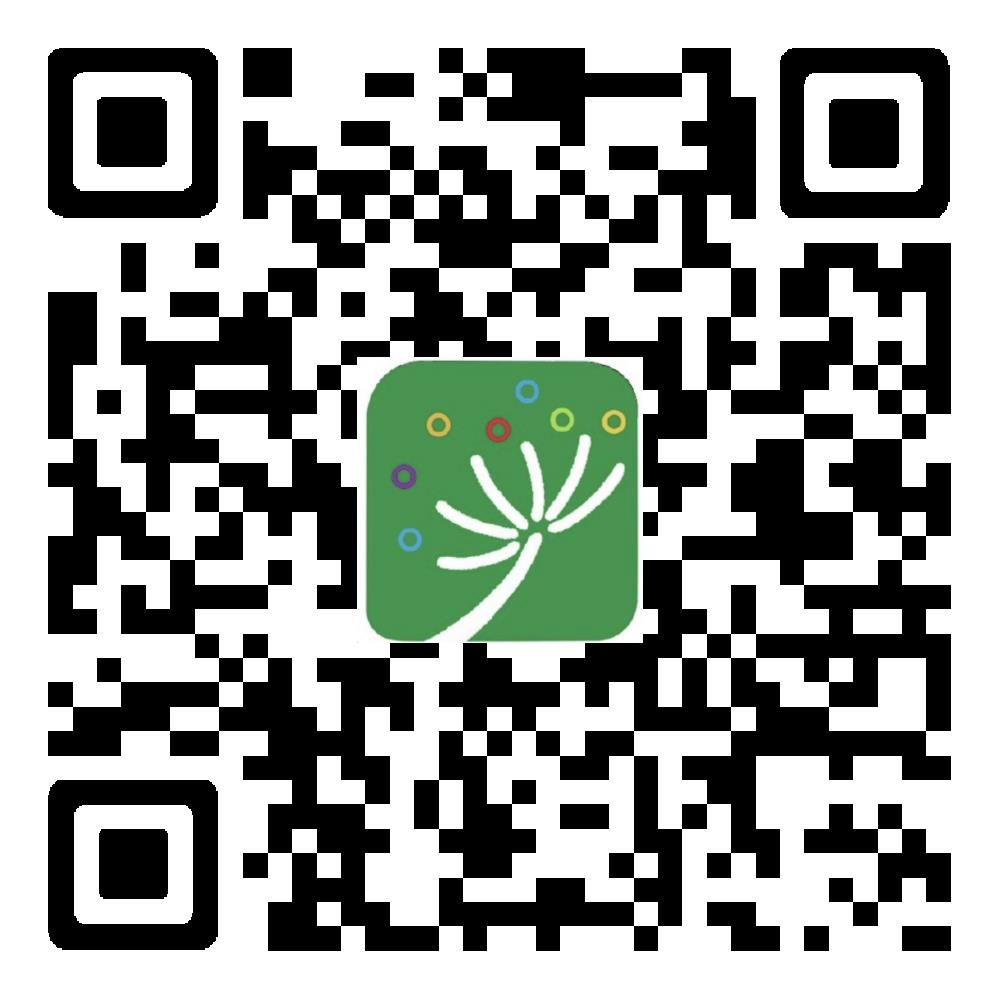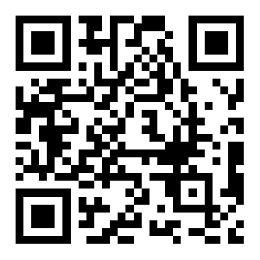The 2018 National Report on Teaching Quality in Undergraduate Programs of Regular HEIs was completed by the Higher Education Evaluation Center, MOE, commission by the Office of National Education Inspection, of the MOE, to get a full picture of the quality of teaching in China’s regular universities and colleges offering bachelor programs. Based on information from the National Data Platform for Higher Education Quality Monitoring and the annual reports on teaching quality in bachelor programs of over 1,000 regular HEIs around the country, the Report introduces new measures, experiences and outcomes achieved by HEIs in improving teaching quality in undergraduate programs, through massive data exploration, multidimensional case analyses, large-scale questionnaire surveys, among other methods. It is expected to provide reference for decision makers in the pedagogical reform in undergraduate-level education, and guidance for HEIs to cultivate talent by reinforcing moral development and consolidate the delivery of their undergraduate programs.
According to the Report, since the 19th CPC National Congress, China’s higher education has entered the stage of balanced quantitative and qualitative growth, with the reinvigoration of the four-year college education system. In 2018, the MOE launched a series of important initiatives, such as the development of Four New Disciplines, implementation of the Talent Training Program 2.0, preparation for the Double Ten-thousand Talents Programs in support of the development of world’s first-class disciplines and the promulgation of a national standard for teaching quality in HEIs’ bachelor programs, with a view to making breakthroughs and meeting international standards in key areas of undergraduate-level education, revitalizing the college education system and building HEIs’ capacities of talent training.
The Report states that moral education has been made a priority and the “three-pronged approach” to holistic education has been adopted in an orderly manner in HEIs nationwide. Political theory related courses and mechanisms for moral education have been improved, while the work on raising political awareness and moral standards in students has been further bolstered. In 2018, China had 125 education institutions piloting the “three-pronged approach”, 200 top-level projects on political learning in HEIs that were designed on the basis of the “three-pronged approach”, and 20 related capacity building programs for young and middle-aged faculties and staff.
As indicated in the Report, HEI teachers’ moral and professional capacity has been substantially enhanced. Opinions on the Comprehensive Deepening of Reforms and Building the Teacher Workforce for a New Era requires that, HEIs should prioritize morality over other criteria in their employment, annual assessment and professional title appraisal of teachers. In 2018, HEI teachers with a doctoral degree accounted for 38.21% of all faculty members, up 1.5% from 2017; whereas the percentage of teachers with professional work experience reached 17.68%, 5.8% higher than in the previous year; and the number of supervisors to undergraduate students rose from 58,750 in 2017 to 65,571 in 2018.
Also, the reform and innovation of talent training models have continued to advance in HEIs. In 2018, many HEIs brought industry to the classroom, to promote the integration of theory and practice and the incorporation of innovation and entrepreneurship in traditional teaching designs. In total, there were 1.4417 million experimental specialized courses offered, as well as 1,210 state-level experiment and practice demonstration centers and 226,000 off-campus practice and internship centers established. By the end of 2018, 452 universities and colleges had given credits for students’ innovation and start-up activities, and the number of students participating in training programs for innovation and start-ups had reached 304,900.
The Report stresses the significant improvement in school conditions and educational resources of HEIs. Owing to the increased financial inputs to the higher education sector, HEIs’ per-student funding grew to RMB 32,700. Progress was also seen in the development of online educational resources, with 8,100 massive open online courses (MOOC) created and 1,291 selected by the MOE as national top-level open online courses. As both the exterior assessment standards and the interior supervisory, assessing and monitoring mechanisms have been put in place, a teaching quality assurance system for higher education has gradually formed and matured.
The Report shows that students are more and more satisfied with their learning experience in HEIs. HEI students graded their satisfaction with “classroom teaching” and “climate for learning” between 2016 and 2018: 64.48, 66.25, 67.62 and 60.75, 61.64, 63.83, respectively. In 2018, 74% of all students recognized great progress in their development of personal values and attitudes, 75.9% recognized great progress in their development of cooperation capabilities, and 74.1% were satisfied with their growth and achievements during college time.
Meanwhile, the Report reveals several problems existing in the present teaching work in HEIs’ bachelor programs. First, some universities and colleges have not put in place adequate assurance mechanisms for talent training. For instance, only 77.11% of professors teach on courses for undergraduate students. Second, current pedagogical models lack innovation. For example, only 29.11% on average of all specialized courses offered in HEIs are specifically designed for small-sized classes (of no more than 30 students). Third, some HEIs exercise a rather loose supervision over students’ learning process, leading to a mediocre level of academic challenge (LAC). Fourth, a long-term effective mechanism for teachers’ moral education has yet to be established. For example, insufficient teacher accountability and academic misconducts can still be seen in certain schools.
In addition, the Report reflects the necessity to further improve the assurance system for teaching quality in undergraduate-level education. For instance, the design of assessments needs to focus on core issues and tough challenges, while indicators in moral education assessment need to be more specific and elaborated and the assessment criteria for talent training efficacy better manifested.
To date, the Report has been published by the Higher Education Press.



